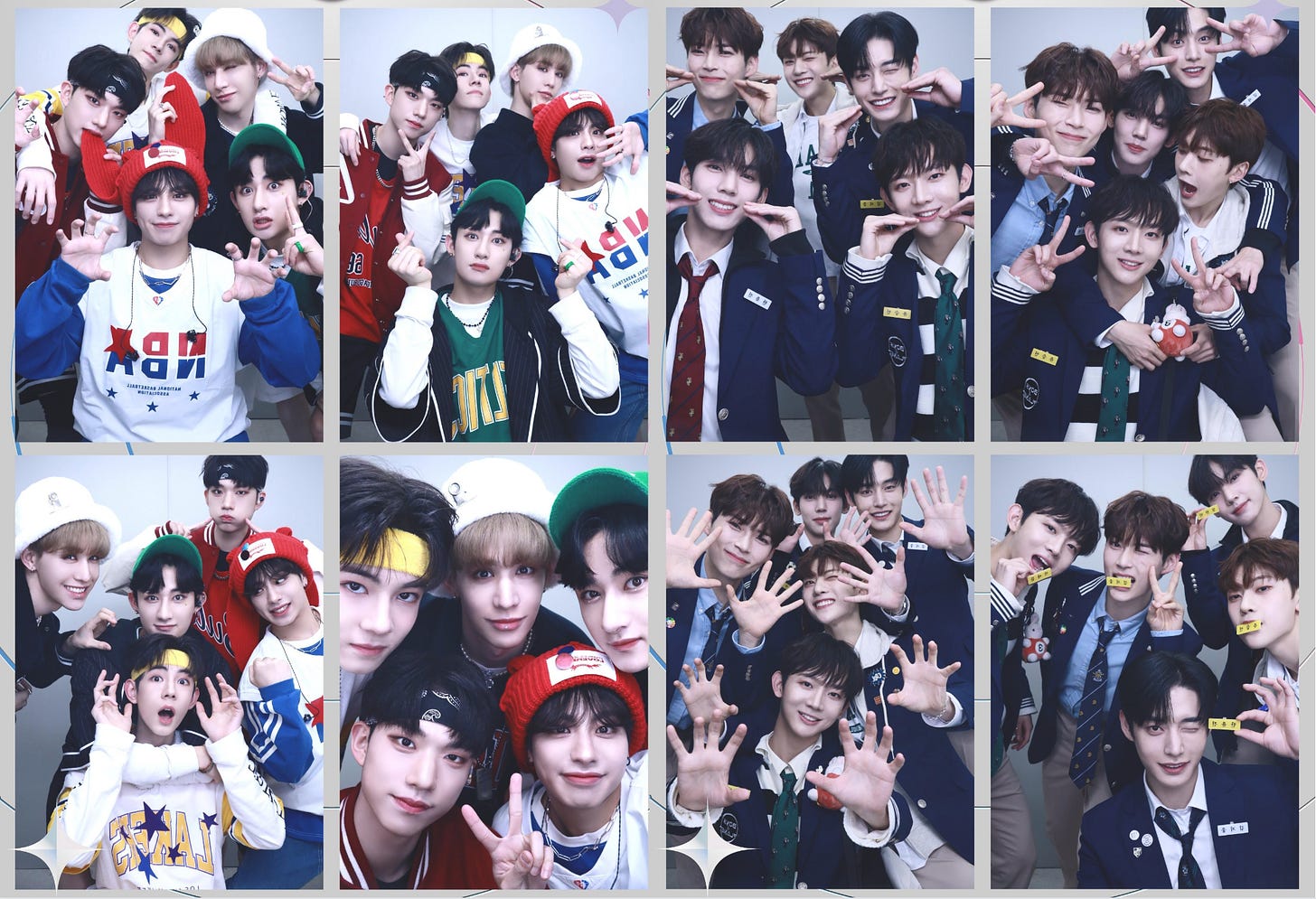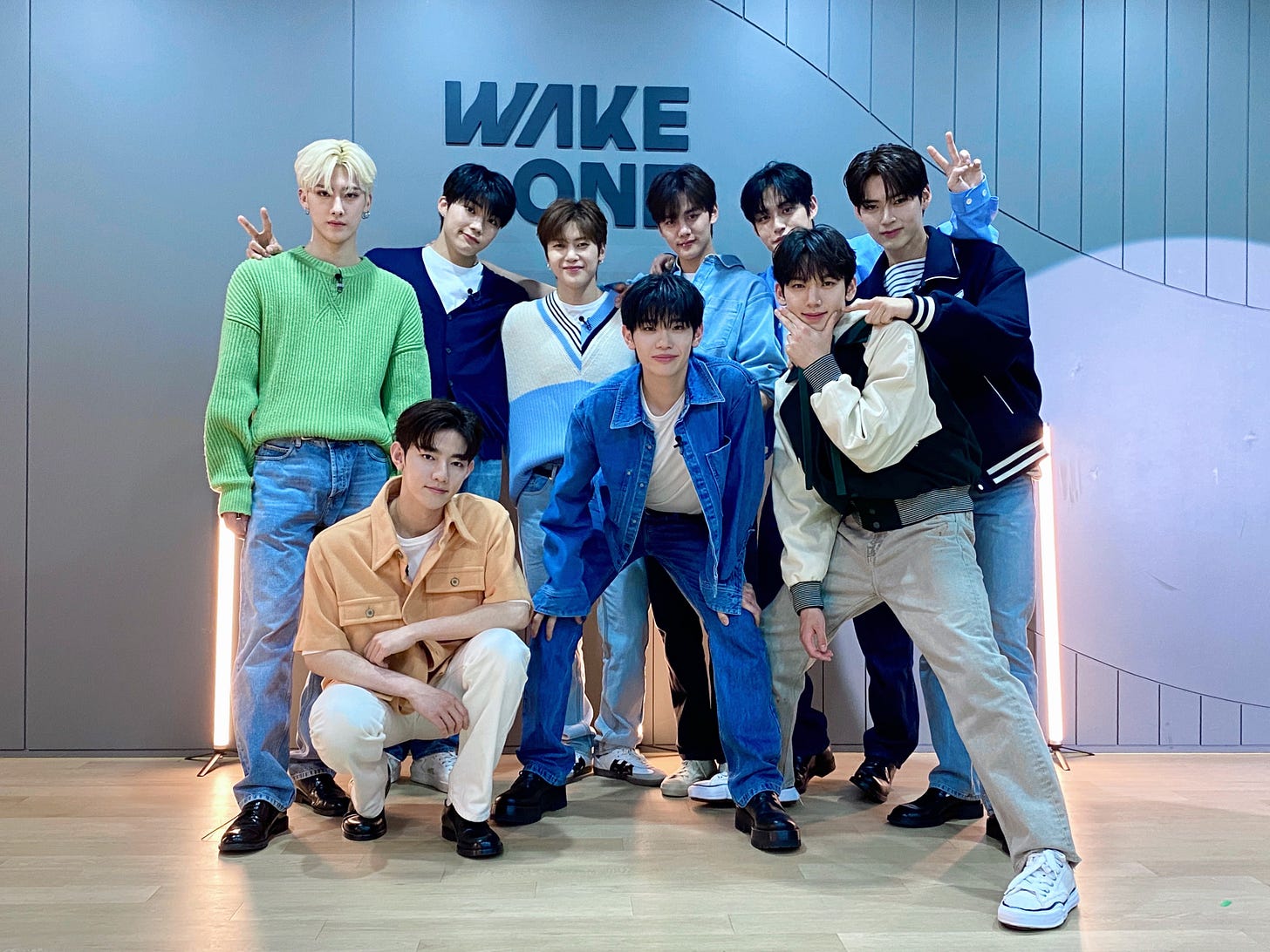How a K-Pop Survival Show Has Exposed Korea’s Cultural Fragility
MNET’s Boys Planet pits Korean and Global teams against each other with a bias rooted in xenophobia against the Global participants.
In all the years of Korea’s flourishing K-Pop scene, survival competition shows to make the best user-voted group have risen to the top in popularity and have created some of Korea’s most prosperous groups. In the past, there has always been some backlash and issues towards the foreign competitors by the Korean general public, with one notable trainee Kim Samuel in Produce 101 Season 2 plummeting down the rankings as soon as people found out he was half Mexican.
Recently, MNET has come out with a series of shows that create groups consisting of members from all around the globe, voted by fans from all over the world. The first of these series, Girls Planet 999, debuted the group Kep1er, with three out of nine of the lineup coming from outside of South Korea. The second instalment of the series, Boys Planet, has implemented a method of competition that has created an incredibly difficult landscape for foreign trainees.
What is this new method of competition?
Compared to the previous season Girls Planet 999 where the highlight was Japanese-Korean-Chinese Groups, there was no specific competition created between them. However, in Boys Planet, the G vs K Group rivalry began from Episode 1 when it was mentioned that based on how many 'stars' members from each group receive at the end, the winning team will receive an advantage.
That advantage was later revealed to be that the winner - which was undoubtedly K Group - would have a day in advance preparation for the “Theme Song Evaluation”, meaning they were allowed to learn the choreography before G Group.
I reached out to the very outspoken fanbase of the show on Twitter, and found one user who was willing to share their outstanding opinions about the bias towards the Korean trainees from the perspective of someone who has watched the previous seasons wholeheartedly.
Xavier, who goes by ‘haru’ online, said:
‘I believe it was completely unfair to allow this kind of contest to happen this way, as Korean groups performing the same songs would have an advantage due to their correct pronunciation, diction and overall presence as they are performing among a major Korean audience, trainees and Korean songs’.
Also, it is to be mentioned that foreign members in these types of audition shows by MNET are nothing new, and previously in the Produce 101/48/X101 series, international and Korean members were mixed up together in group missions, allowing for a fair evaluation and allowing the members.
However, in Boys Planet, the missions were Korean trainees vs the Global trainees. The Global Group, composed of members from Japan, Thailand, China, etc, had far less knowledge of the Korean language and had been found pronouncing words wrong, skipping them, or forming gibberish. This unfortunately led to all G Groups but one to lose in the first round of performance competition. The only instance where G Group was successful was due to the popularity of the members that formed one of the teams in their Kill This Love performance.
Evil Editing of Foreign Trainees
Throughout the entire series, Global trainees were often misedited to sway the general audience from voting for them. This editing by MNET is usually towards the Chinese trainees, portraying them as having attitudes or being selfish.
‘[An example of] global trainee evil editing is through the complete demolition of Zhang Shuaibo & Ma Jingxiang,’ Xavier states. ‘You can see a pattern - once again, they were portrayed as having attitude problems and outbursting at their teammates due to disagreements in parts of songs’.
One of the first major examples of this was during the first elimination round with Chinese trainee Krystian. He was evil edited as having an 'attitude' and communicating only in Chinese to his team mainly formed of Chinese members, while presenting the only non-chinese member Na Kamden as being ostracised by his team. In confessionals, he was seen crying, making it seem that this has caused his outburst of tears. However, fans have identified that the confessionals before and after this incident are completely different due to Na Kamden's inconsistent accessories.
‘MNET must have [edited] it this way to put Krystian, a Chinese trainee into a bad light as his popularity was increasing’. Xavier said.
After the first elimination, 63.4% of trainees eliminated were Global (26/41) and 15 eliminated were Korean. By the final round of eliminations, 6 out of the final 18 trainees were Global, with only 4 of the 6 being ethnically non-Korean.
What was the outcome?
After the final episode has aired and the series is completed, fans are left with a new group, ZeroBaseOne (ZB1 for short), and a feeling of mixed emotions.
The final lineup consists of (in order of ranking 1st-9th): Zhanghao (Global, Chinese), Hanbin (Korean), Seok Matthew (Global, Canadian-Korean), Ricky (Global, Chinese), Gunwook (Korean), Taerae (Korean), Gyuvin (Korean), Jiwoong (Korean), and Yujin (Korean).
Though the group breaks the running Korean-centre streak from MNET’s survival shows in the past with the first ever Chinese centre, or first place, many Korean fans immediately began accusing Zhanghao's fans of rigging votes and bypassing MNET voting regulations to put him at the top. Hanbin, who had placed first consecutively throughout every other episode had now placed second, and the Korean fans were unhappy.
‘Soon after his win, articles exposing him as being gay, which is a taboo subject in conservative South Korea,’ Xavier said. ‘It was an attempt to dethrone Zhanghao before properly debuting as the centre’.
All of these factors combined contribute to the underlying xenophobia in South Korean media. It's evident in the West/globally but it's something Korea tends to dismiss, and Boys Planet is simply a small lens on popular culture that represents a larger issue in South Korea’s fragility of a country. With all trainees but 3 eliminated from the Global team because of an unfair advantage and bias towards the Korean trainees, the barrier for non-Korean trainees to actually succeed is further solidified. It's an issue that fans need to take a step back and look at critically instead of blindly contributing to a multi-million pound industry.
‘In a perfect world, there would have been 4 global trainees and 5 korean trainees,’ Xavier said. ‘Without a doubt, the need of a majority of Korean trainees to debut is important for a kpop group to succeed, as often the international members of any group are the most unpopular, even if their number of fans is big’.






